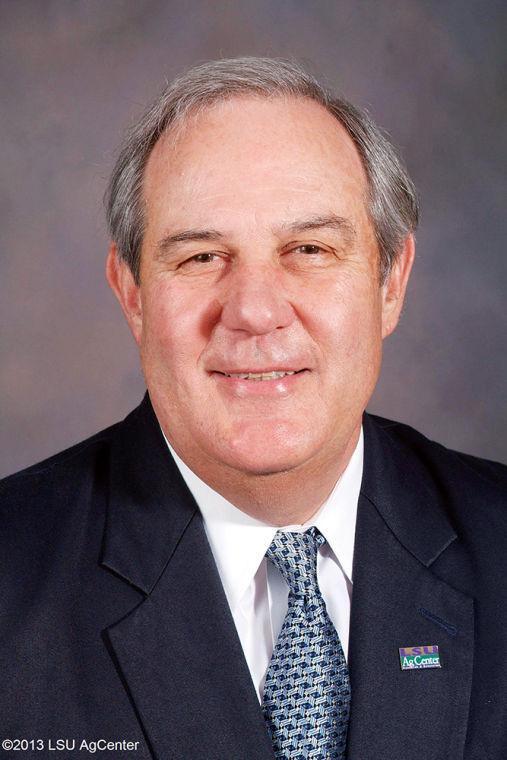The unique statewide operations of the LSU AgCenter make retaining authority, especially over the budget, crucial to any reorganization changes University leaders have in mind, according to AgCenter Chancellor William “Bill” Richardson.
While many aspects of the University are located on campuses, the AgCenter is spread out across the state and often deals with small businesses and local clientele, making its daily operations different from most of the University. Two things are critical: the AgCenter must report to the president and must retain budget authority, Richardson said.
“I’ve got 64 parishes. I have 200 agents out in the field who hardly ever come to the campus,” Richardson said. “A local vendor in Bunkie can’t wait 90 days to get paid. They have to be paid when they deliver. There’s things the AgCenter has to do differently.”
Richardson said the AgCenter’s contributions to the University, including its vast research, hinge on its ability to retain this authority.
“The AgCenter has been very supportive of the reorganization process and is a vitally important component of a Flagship University enterprise,” said Interim LSU System President and Chancellor William “Bill” Jenkins. “The research conducted at the AgCenter is critical, not only to LSU’s performance in national rankings, but also to LSU’s impact across the state and nation through its various outreach programs.”
Richardson isn’t the only chancellor concerned with reorganization changes that might threaten his institute’s authority. Paul M. Hebert Law Center Chancellor Jack Weiss, among others, voiced concerns over the possibility of greater university control of other campuses.
Jenkins acknowledged these concerns and said although titles might change, leaders should not be worried about major changes in authority.
“I can’t speculate, but I’m confident there won’t be changes in the intrinsic function and organization of the constituent campuses,” Jenkins said. “Leaders will be in place, but who they answer to is yet to be determined.”
If reorganization changes result in more red tape for the AgCenter, it will not result in greater efficiency, Richardson said.
“How we get information and how we work with our people is so different from what the campus has to deal with,” Richardson said.
Changes in technology and management operations could be problematic for the AgCenter, whose clientele is often from smaller, more rural corners of the state.
“Y’all are spoiled rotten. Right now my machine’s on Wi-Fi, but I get 20 miles out of town and have trouble getting Internet,” Richardson said. “We have offices around the state that have dial-up Internet.”
Richardson said authority is not a matter of how money is spent or even what his title is. It’s a matter of how it handles things and cooperates with personnel.
“When something leaves my desk… it doesn’t go to the campus for them to take a look at. That’s an example of budget authority that’s very critical to us,” Richardson said.
“How we get information and how we work with our people is so different from what the campus has to deal with.”






